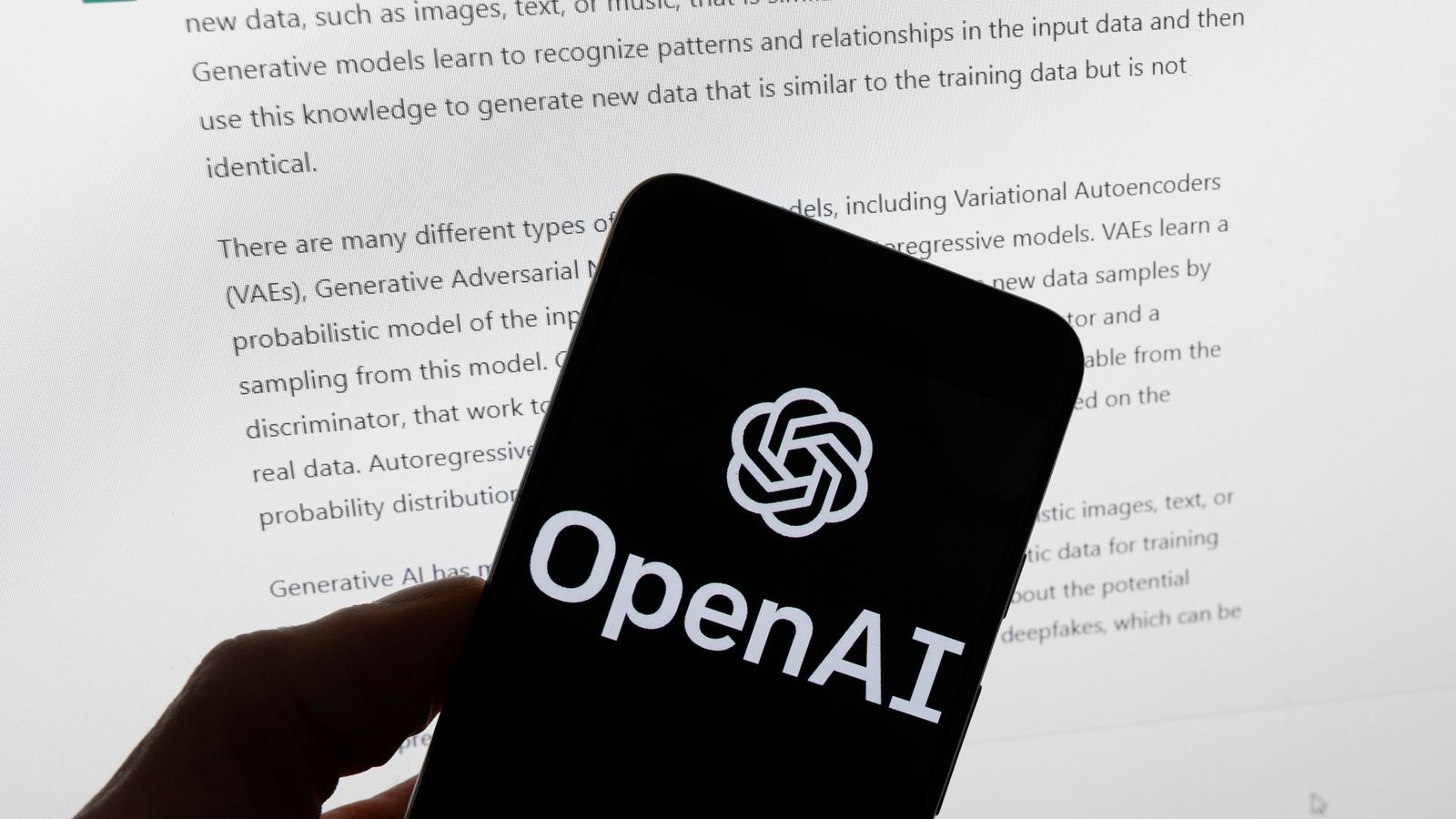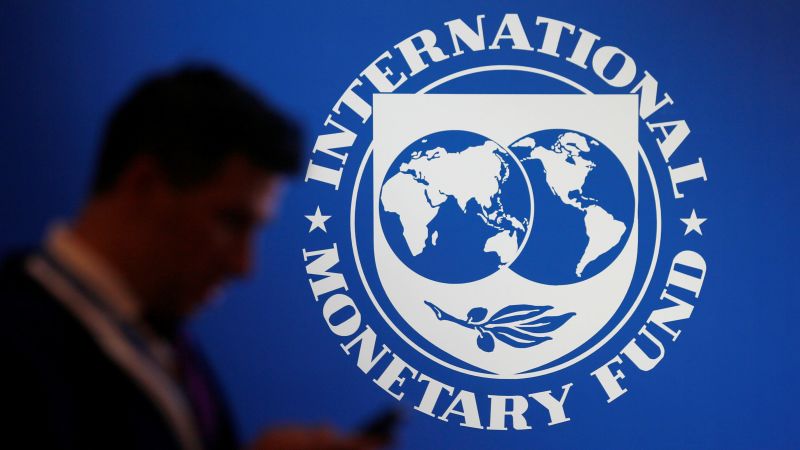In a blog post, Kristalina Georgieva, the Managing Director of the International Monetary Fund (IMF), issued a warning that nearly 40% of jobs worldwide could be affected by the growing influence of AI.

Also Read: Microsoft Overtakes Apple as Most Valuable Company
This analysis comes at the time as business and political leaders gather at the World Economic Forum in Davos, Switzerland, where the impact of AI on the global workforce is expected to be a topic of discussion.
According to the IMF’s assessment, almost 40% of jobs globally are exposed to the disruptions caused by AI. This figure underlines the need for policymakers to address the challenges by the adoption of AI.
The IMF warns that advanced economies, including the United States and the United Kingdom, face a higher risk, with approximately 60% of jobs at risk of being impacted by AI.
This is a concern as these economies are better equipped to adopt AI quickly, leading to job displacement.
Kristalina Georgieva addressed the likelihood that AI will worsen overall inequality, a troubling trend that policymakers must address.
The increased income and wealth inequality within countries could lead to social tensions if not actively mitigated.
While emerging markets may experience a 40% job impact and low-income countries 26%, the IMF notes that these nations may face fewer disruptions in the short term.
Also Read: Google Lays Off Hundreds of Employees Across Multiple Teams
However, the lack of infrastructure and skilled workforces in these regions concerns about the global inequality over time.
Unlike impacts of automation and information technology on routine tasks, AI’s ability to affect high-skilled jobs poses new challenges.
Jobs requiring nuanced judgment, creative problem-solving, and intricate data interpretation may be replaced by advanced AI algorithms.
Countries are urged to establish social safety nets to protect workers facing job displacement due to AI. These safety nets should provide financial support and assistance in transitioning to new employment opportunities.
Recognizing the need for upskilling and reskilling, the IMF advocates for the implementation of retraining programs.
These programs can equip workers with the necessary skills to adapt to the changing job industry and seek new opportunities created by AI.
Also Read: Twitch to Lay off 500 Employees, About 35% of its Workforce
Georgieva addresses the importance of a global strategy to address the landscape of work. This includes fostering inclusivity in the AI transition, that benefits are distributed equitably across diverse economies and populations.
Given the differential impact on emerging markets, the IMF calls for targeted efforts to help these nations harness the benefits of AI.
This involves investing in infrastructure and developing skilled workforces to that AI contributes to inclusive economic growth.
As business and political leaders gather at the World Economic Forum in Davos, AI takes center stage. Discussions on the impact of AI on jobs, economies, and global cooperation are expected to shape the agenda.
The intersection of technology, economics, and policy will be in charting a course for responsible AI deployment and addressing the concerns raised by the IMF.
Examples from tech giants such as Google, Apple, and Paytm show the impact of AI on employment. Google’s reported firing of over 1,000 employees in departments utilizing AI tools questions about the reorganization of the workforce in response to AI integration.
Also Read: US National Debt Hits $34 Trillion for the First Time























